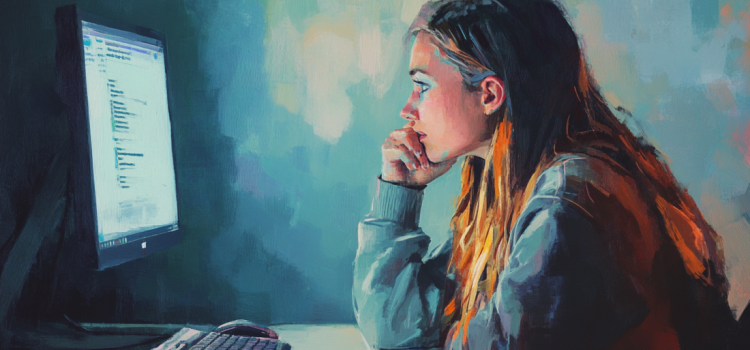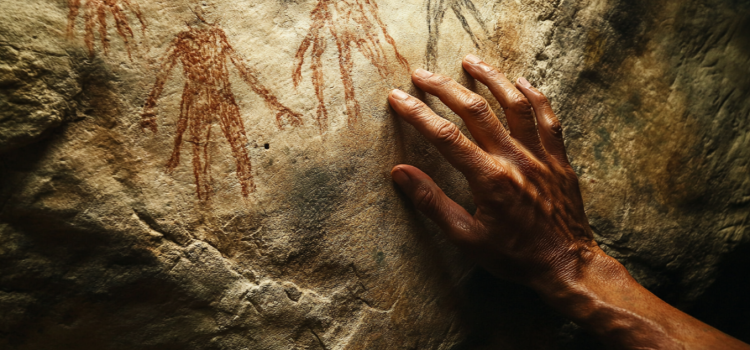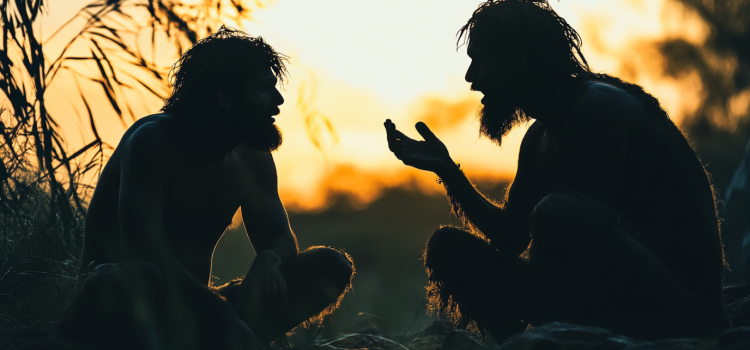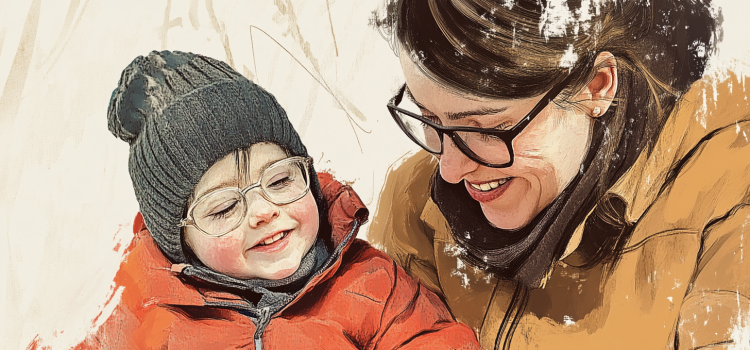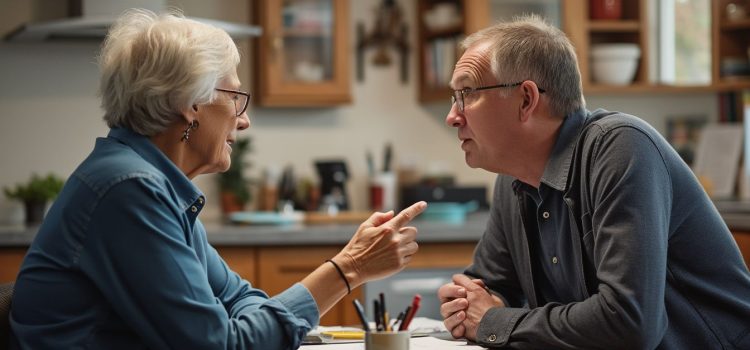Is finding the right partner online a numbers game? What factors truly matter in the dating marketplace? The book Don’t Trust Your Gut reveals fascinating data on what people look for in romantic partners. Seth Stephens-Davidowitz’s dating research shows that, while physical appearance plays a major role (especially for women), men’s dating success depends on various factors. Keep reading to learn how you can use data to improve your dating prospects and overcome biases in the online dating world.
Seth Stephens-Davidowitz: Dating Data Can Boost Your Chances




